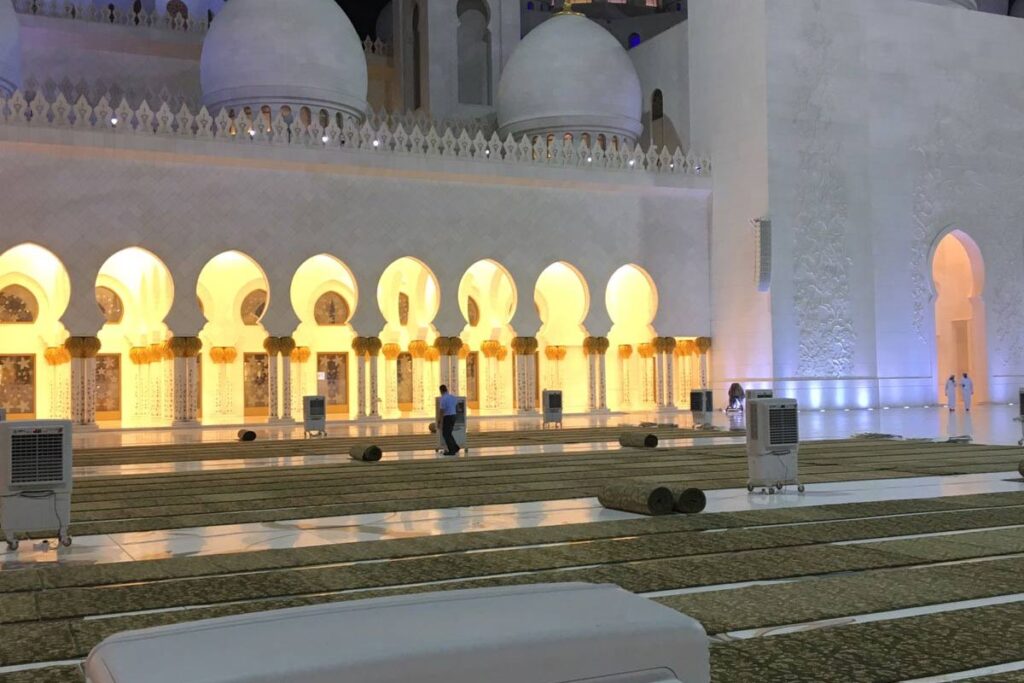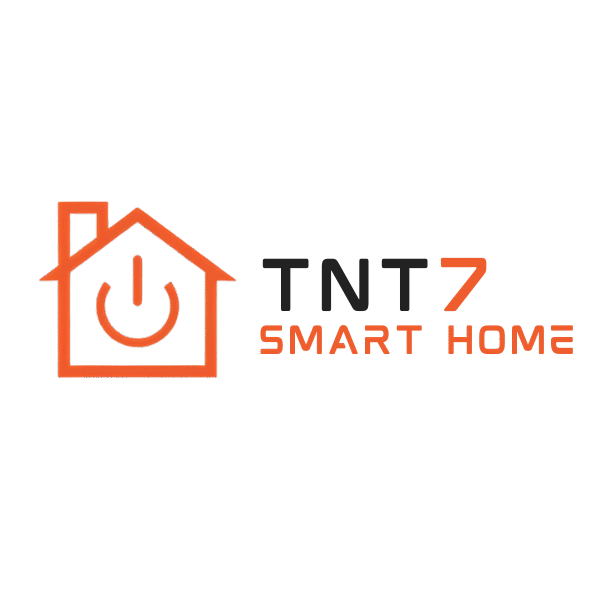The UAE’s unique climate presents both challenges and opportunities for smart home energy optimization. With summer temperatures soaring above 45°C and humidity levels fluctuating dramatically between coastal and inland areas, choosing the right cooling strategy can make the difference between manageable and astronomical energy bills.
Smart home technology has revolutionized how we approach climate control, but understanding the fundamental differences between cooling methods is crucial for making informed decisions that maximize both comfort and energy efficiency.

The Science Behind Cooling Efficiency in Desert Climates
Traditional air conditioning systems work by compressing and expanding refrigerant gases, consuming significant electricity regardless of outdoor conditions. In contrast, evaporative cooling harnesses the natural process of water evaporation to reduce air temperature, making it particularly effective in arid environments.
The key to understanding when evaporative cooling excels lies in wet-bulb temperature measurements. This critical metric determines the lowest temperature achievable through evaporative processes and directly impacts cooling efficiency. In the UAE’s inland areas, where humidity levels often drop below 30%, evaporative cooling can achieve remarkable results with 75% less energy consumption than traditional systems.
For homeowners serious about optimization, tools like wet-bulb temperature calculators provide essential data for making informed cooling decisions based on real-time atmospheric conditions.
Smart Integration Strategies for Maximum Efficiency
Automated Climate Monitoring
Modern smart home systems can continuously monitor both indoor and outdoor conditions, automatically switching between cooling methods based on efficiency calculations. IoT sensors measuring temperature, humidity, and air quality provide the data needed for intelligent climate control decisions.
Advanced systems can even calculate real-time wet-bulb effectiveness, automatically engaging evaporative cooling when conditions are optimal and switching to traditional AC when humidity levels rise beyond efficient thresholds.
Zone-Based Cooling Optimization
Different areas of your home have varying cooling requirements. Smart zoning allows you to apply the most efficient cooling method to each space. For example, outdoor entertainment areas and garages often benefit from evaporative cooling, while bedrooms and living areas might require more precise temperature control.
Smart thermostats can manage these zones independently, learning usage patterns and adjusting cooling strategies to minimize energy consumption while maintaining comfort.
Practical Implementation in UAE Homes
Coastal vs. Inland Considerations
Dubai and Abu Dhabi’s coastal locations present different challenges than inland areas. Coastal homes deal with higher humidity levels that can reduce evaporative cooling effectiveness, while inland properties benefit from lower humidity and greater temperature differentials.
Smart home systems can account for these geographical differences by incorporating local weather data and adjusting cooling strategies accordingly. Some homeowners find success with hybrid approaches, using evaporative pre-cooling to reduce the load on traditional AC systems.
Integration with Existing Infrastructure
Retrofitting existing homes with smart cooling solutions doesn’t require complete system overhauls. Smart controllers can optimize existing AC units while strategic placement of evaporative cooling systems can target specific areas or times when they’re most effective.
The key is understanding your home’s specific conditions and cooling requirements. Regular monitoring of wet-bulb temperatures and humidity levels helps identify optimal times for different cooling methods, potentially reducing energy consumption by 40-60% during favorable conditions.
Energy Savings and ROI Calculations
The financial benefits of optimized cooling strategies in the UAE are substantial. Traditional air conditioning can account for 60-70% of residential electricity consumption during summer months. By implementing smart cooling optimization, homeowners typically see 20-35% reductions in overall energy costs.
Evaporative cooling systems consume approximately 75% less electricity than traditional AC units of comparable cooling capacity. When used strategically during optimal conditions, this translates to significant savings on monthly utility bills.
Pro Tip: Use wet-bulb calculators to determine the most efficient cooling method for current conditions. This data-driven approach ensures you’re always using the most cost-effective solution.
Smart Home Automation and Control Systems
Modern smart home platforms can integrate cooling optimization into broader home automation routines. Voice assistants, mobile apps, and automated schedules can manage cooling systems based on occupancy, time of day, and real-time efficiency calculations.
Advanced systems learn from your preferences and usage patterns, automatically adjusting cooling strategies to maintain comfort while minimizing energy consumption. This includes pre-cooling spaces before high-demand periods and optimizing fan speeds and water flow rates in evaporative systems.
Maintenance and Optimization Best Practices
Smart cooling systems require regular maintenance to maintain peak efficiency. Automated maintenance reminders, filter change notifications, and system performance monitoring ensure optimal operation year-round.
For evaporative systems, water quality monitoring and automatic flushing cycles prevent mineral buildup that can reduce efficiency. Smart sensors can detect when cleaning cycles are needed and automatically schedule maintenance tasks.
Future-Proofing Your Investment
As smart home technology continues advancing, investing in flexible, upgradeable systems ensures long-term value. Look for cooling solutions that can integrate with emerging technologies and adapt to changing efficiency standards.
The integration of artificial intelligence and machine learning into home climate control will further optimize energy efficiency, making data-driven cooling decisions based on weather predictions, usage patterns, and real-time efficiency calculations.
By understanding the science behind different cooling methods and leveraging smart home technology, UAE homeowners can achieve significant energy savings while maintaining optimal comfort levels. The key is taking a data-driven approach that considers local climate conditions, home-specific factors, and real-time efficiency metrics to make informed cooling decisions.


